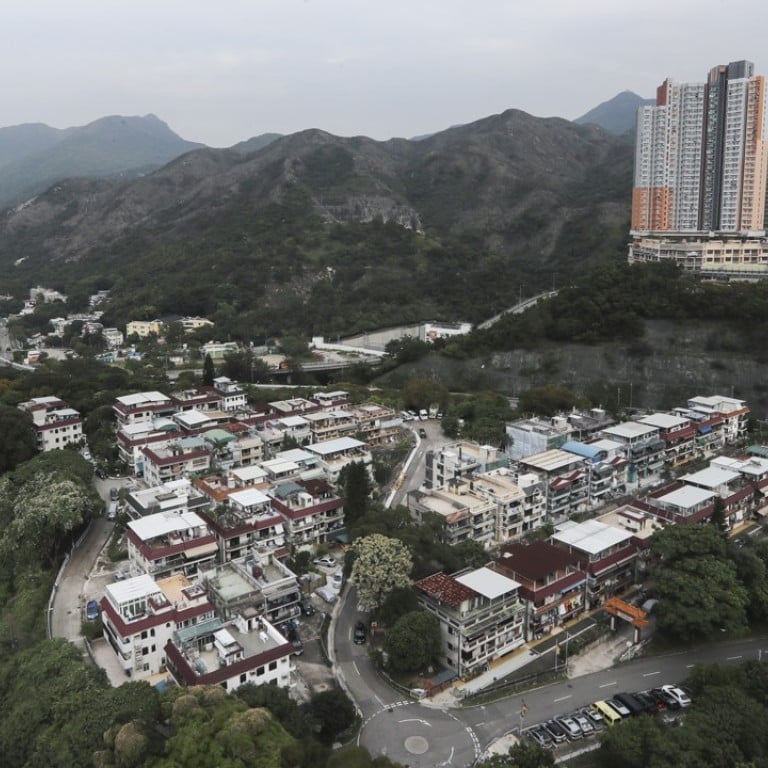
Plan to use idle land held by developers could be short-term answer to Hong Kong’s housing problem
Such plots have often been left unused for long periods because of planning restrictions or lack of infrastructure
Any collaboration between the Hong Kong government and private developers to use privately held idle agricultural land to tackle the housing shortage should be “open, fair and transparent”, government land advisers have warned.
The government-appointed Task Force on Land Supply agreed in a meeting on Tuesday that tapping into the roughly 1,000 hectares of land reserves held by private developers could be a possible short to midterm solution to boost housing supply.
One option would be for the government to form a partnership with private developers to build public or subsidised housing on existing land they already own, the task force said.
The land has often been left idle for long periods of time as a lack of infrastructure and town planning regulations make it difficult for developers to succeed in rezoning it for residential use.
Task force chairman Stanley Wong Yuen-fai said members agreed the government should not offer any financial incentives for developers to construct the homes.
“To safeguard public interest, the government should make sure that we would not give any financial incentives via concession of land premium … the government should [instead] provide incentives via the provision of the necessary infrastructure to make sure that the agricultural land is suitable for conversion into residential developments,” Wong said.
Keeping the peace in new flat-share plan to help Hong Kong’s poor
Under the current system, private developers that want to convert their cheaply bought agricultural land for residential use must pay high land premiums to the government.
Critics have said a co-development model would raise suspicion of government-business collusion, and fuel concerns developers would benefit the most from the scheme.
Wong said the government should proceed with caution.
“It would be up to the government to make sure there’s an open, fair and transparent mechanism in place to make sure that all the development will meet a very stringent threshold,” he said.
“[They will have to] make sure that we do not forgo the interest of the community, and make sure all infrastructure investment would be able to yield enough subsidised housing.”
The infrastructure, such as transport networks, drainage and sewage treatment, would benefit the existing community as well as the future increased population, he said.
Idea of cross-generational Hong Kong flats with elderly resident and younger tenant not welcomed by both sides
The value of the subsidised housing should reflect the investment made by the government through providing infrastructure, he added.
The task force also agreed that government-owned lands zoned for village development in the New Territories were too small and scattered for high-density residential development.
Some 900 hectares of public land are designated for low-density residential development and New Territories small houses, according to government statistics.
“The fact is, if we look at aerial photographs of typical sites, the so-called vacant land is actually so small, you can at most put up two or three of those 700 sq ft village houses,” said task force vice-chairman Greg Wong Chak-yan. “There’s no way you can put in a public housing estate.”

